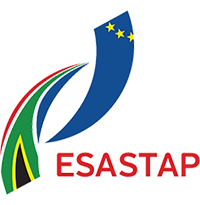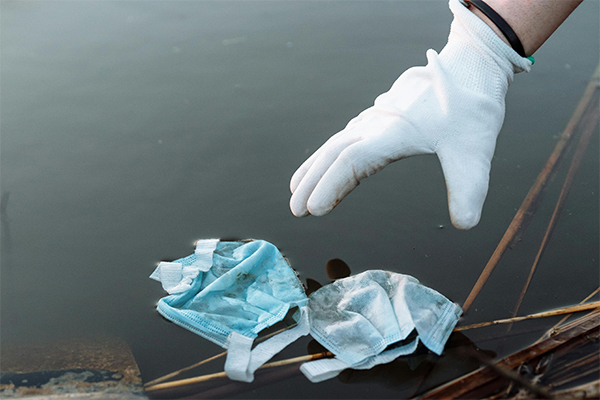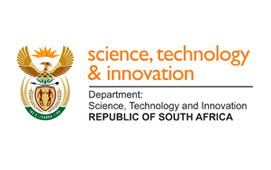Posted: 28 March 2021 | View original article
Waterlab, a local water and soil analysis laboratory based in Pretoria, South Africa is proud to be part of an international collaboration with KWR Research Institute in the Netherlands.
The collaborative project WASTEWATER4COVID connects South Africa and the Netherlands through the EUREKA programme ‘Solutions for COVID-19 echo period – life without vaccines’.
The project is led by Waterlab in South Africa, in partnership with the University of Pretoria with funding by the Department of Science and Innovation though the EUREKA programme.
The collaborating organisations in the Netherlands include the KWR Water Research Institute and Royal Haskoning DHV, and a Public-Private Partnership between Waternet and Blue Deal – both public organisations.
The WASTEWATER4COVID project aims to develop and implement a method for early detection of the coronavirus (SARS-CoV-2) through sampling and analysing water from specific locations in the urban water cycle. The method will be implemented in both South-Africa and The Netherlands simultaneously, allowing comparison of two different contexts. By combining wastewater data (under the ground) with epidemiological data (above the ground), the method can inform health authorities about the virus’s distribution, support them in their monitoring efforts and assist with an effective outbreak response.
Early in the pandemic, the KWR Water Research Institute in the Netherlands demonstrated that genetic traces of SARS-CoV-2 in sewage correlated with COVID-19 disease trends in the population, indicating that wastewater surveillance can serve as an early warning of SARS-CoV-2 community transmission (Medema et al., 2020).
In South Africa, Waterlab conducted a proof-of-concept study funded by the Water Research Commission for the detection of SARS-CoV-2 viral RNA in wastewater as well as rivers as an indicator of viral load in the associated communities, both sewered and non-sewered.
Testing and implementing this method in South-Africa and The Netherlands simultaneously, allows for comparison of two different contexts. When combined with epidemiological information, the analysed and visualised data will support health authorities in their monitoring efforts and assist in informing an effective outbreak response.
The primary outcomes of the Wastewater4COVID project will be:
- Community-wide test capacity in both countries of wastewater sources;
- Assessment and improvement of existing methods for coronavirus detection in water sources;
- Strategies to scale-up monitoring programs to provide statistically representative information;
- Data analysis and visualisation instruments for virus circulation in communities to support health decision-making.
“We are extremely proud to be a part of the Eureka programme as it not only positions South Africa on the international stage when it comes to capabilities in science and technology but more importantly, early detection of the SARS-CoV-2 virus in communities performs a vital role in the fight against the pandemic,” comments Dr Gina Pocock, Microbiologist and Specialist Consultant at Waterlab.
This comes as the world marks World Water Day which took place on 22 March 2021.
With close to 40 years of experience in the industry, Waterlab is a specialist in analytical chemistry, providing services in the various disciplines of water, being potable water supply, sewage treatment, industrial effluents, acid mine drainage or underground water.


